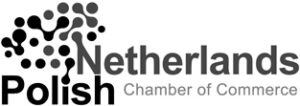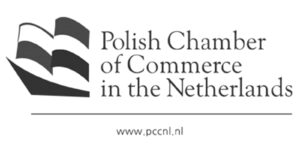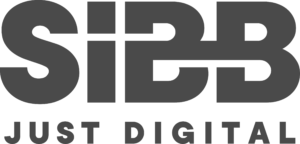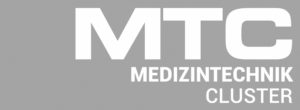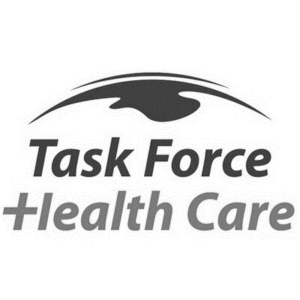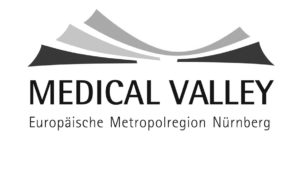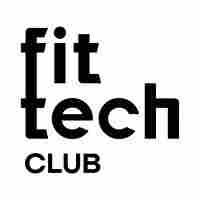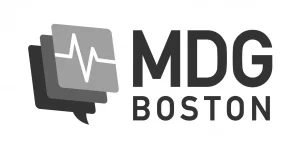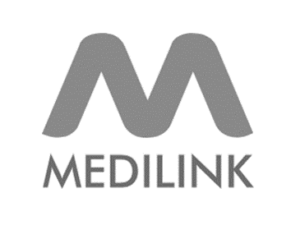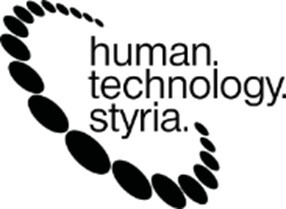In order to bring a medical product onto the market, medical standards are necessary to guarantee effectiveness, reliability, usability, safety, security and sustainability for the population. Getting from the product idea to approval and the finished product is a long journey with questions that need to be clarified, especially at the beginning of the journey. The MDR and IDR standards apply to Europe and the FDA is responsible for the USA.
Here are answers to some basic FDA questions and information mainly for European health technology companies looking to enter the American market.
The United States Food and Drug Administration (FDA or US FDA) is a federal agency of the Department of Health and Human Services.
The FDA is responsible for protecting and promoting public health through the control and supervision of food safety, tobacco products, caffeine products, dietary supplements, prescription and over-the-counter pharmaceutical drugs (medications), vaccines, biopharmaceuticals, blood transfusions, medical devices, electromagnetic radiation emitting devices (ERED), cosmetics, animal foods & feed and veterinary products.
Is FDA more strict than Europe?
The CE Mark in the European Union and the FDA approval process in the United States both perform the same functions, namely assessing the safety and efficacy of new devices. Despite the differences in the CE Mark and FDA approval systems, there are no more product recalls in Europe than in the United States. What about food? While America’s food is federally regulated, Europe’s food is not. All food in the 27 countries that make up the European Union is regulated by the European Food Safety Authority. The EFSA has much stricter food regulations that is done in the US.
Does FDA work in Europe?
Office of Global Operations Also referred to as: OGO
One member of the Europe Office is embedded in the European Medicines Agency in Amsterdam, The Netherlands. Interactions with other locations where FDA does not have a foreign presence are also managed by OGO at FDA Headquarters.
What is the difference between FDA approval and CE approval?
The main difference between a CE and FDA certificate relates to where the product is approved to be sold. FDA approval means the device can be sold in the United States and exported from the US after receiving an export certificate, while the CE mark means the device can be sold in the 33 member states of the EU.
What countries does the FDA cover?
FDA’s responsibilities extend to the 50 United States, the District of Columbia, Puerto Rico, Guam, the Virgin Islands, American Samoa, and other U.S. territories and possessions.
Is the FDA applicable to UK?
The Medicines and Healthcare products Regulatory Agency (MHRA) of the United Kingdom (UK) and the Food and Drug Administration (FDA) of the United States of America (US) are the regulatory authorities (collectively, the regulatory authorities) with responsibility in their respective countries.
Both regulatory authorities consider that from time to time circumstances will arise in which sight and/or knowledge of information held by one authority will assist the other in conducting its regulatory functions in relation to medical devices or of ensuring the safety, quality, and efficacy of medicinal products for human use under clinical investigation, authorised for marketing, or under review for marketing authorisation in both the US and the UK.
What percentage of medical devices get approved?
Results 5574 titles and abstracts were screened, 493 full text articles assessed for eligibility, and 218 clinical studies of new medical devices included. In all, 99/218 (45%) of the devices described in clinical studies ultimately received regulatory clearance or approval.
About drugs: A new study by researchers at the Massachusetts Institute of Technology found that nearly 14% of all drugs in clinical trials eventually win approval from the FDA-an amount that is much higher than previous studies indicate.
How much does it cost to get FDA approval for a medical device?
How Much Does a FDA 510k Approval Cost? The vast majority of our FDA 510K clients generally spend in the range of $20,000-$30,000 to have their product or device prepared and reviewed before the actual FDA 510k submission process.
What is fda 510k demonstration?
A 510(K) is a premarket submission made to FDA to demonstrate that the device to be marketed is as safe and effective, that is, substantially equivalent, to a legally marketed device (section 513(i)(1)(A) FD&C Act) that is not subject to premarket approval.
What are the 5 steps for FDA approval?
FDA approval to sell a new medical device must complete a five-step process:
Step 1: Device Discovery and Concept.
Step 2: Preclinical Research-Prototype.
Step 3: Pathway to Approval.
Step 4: FDA Device Review.
Step 5: FDA Post-Market Device Safety Monitoring.
How many clinical trials are needed for FDA approval?
If the new device is deemed not to be substantially equivalent to a pre-amendments device, it must undergo clinical testing and pre-market approval before it can be marketed unless it is reclassified into a lower regulatory class.
About drugs: The FDA typically requires Phase 1, 2, and 3 trials to be conducted to determine if the drug or device can be approved for further use. If researchers find the intervention to be safe and effective after the first three phases, the FDA approves it for clinical use and continues to monitor its effects.
How do I know if a medical device is FDA approved?
Check for Approved and Cleared Products in the Devices@FDA Database: Devices@FDA is a catalogue of approved and cleared medical device information from the FDA. To search for FDA-approved or FDA-cleared products by device name or company name: Go to the Devices@FDA Database.
https://www.accessdata.fda.gov/scripts/cdrh/devicesatfda/index.cfm
Here the approvals 2023:
https://www.fda.gov/medical-devices/recently-approved-devices/2023-device-approvals

